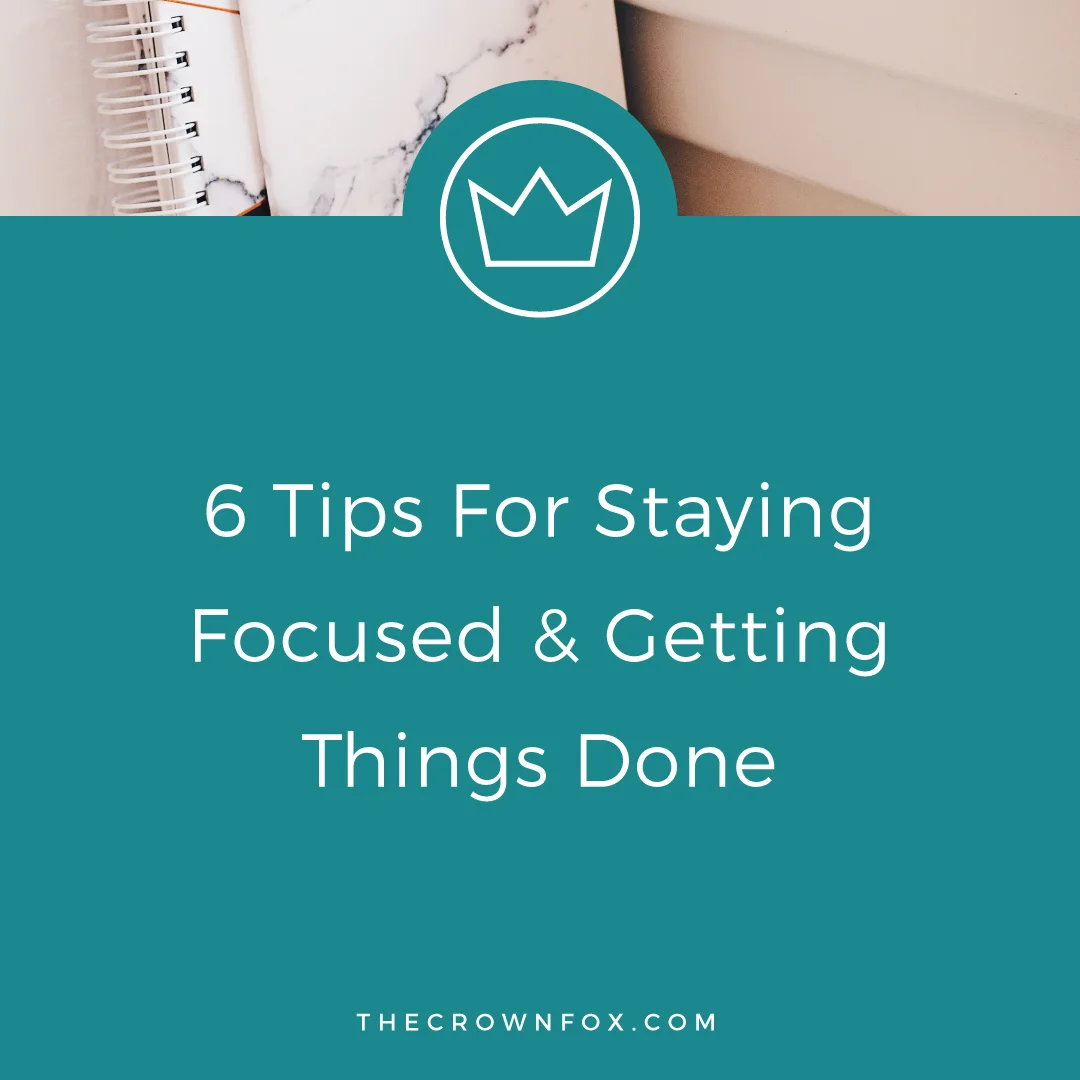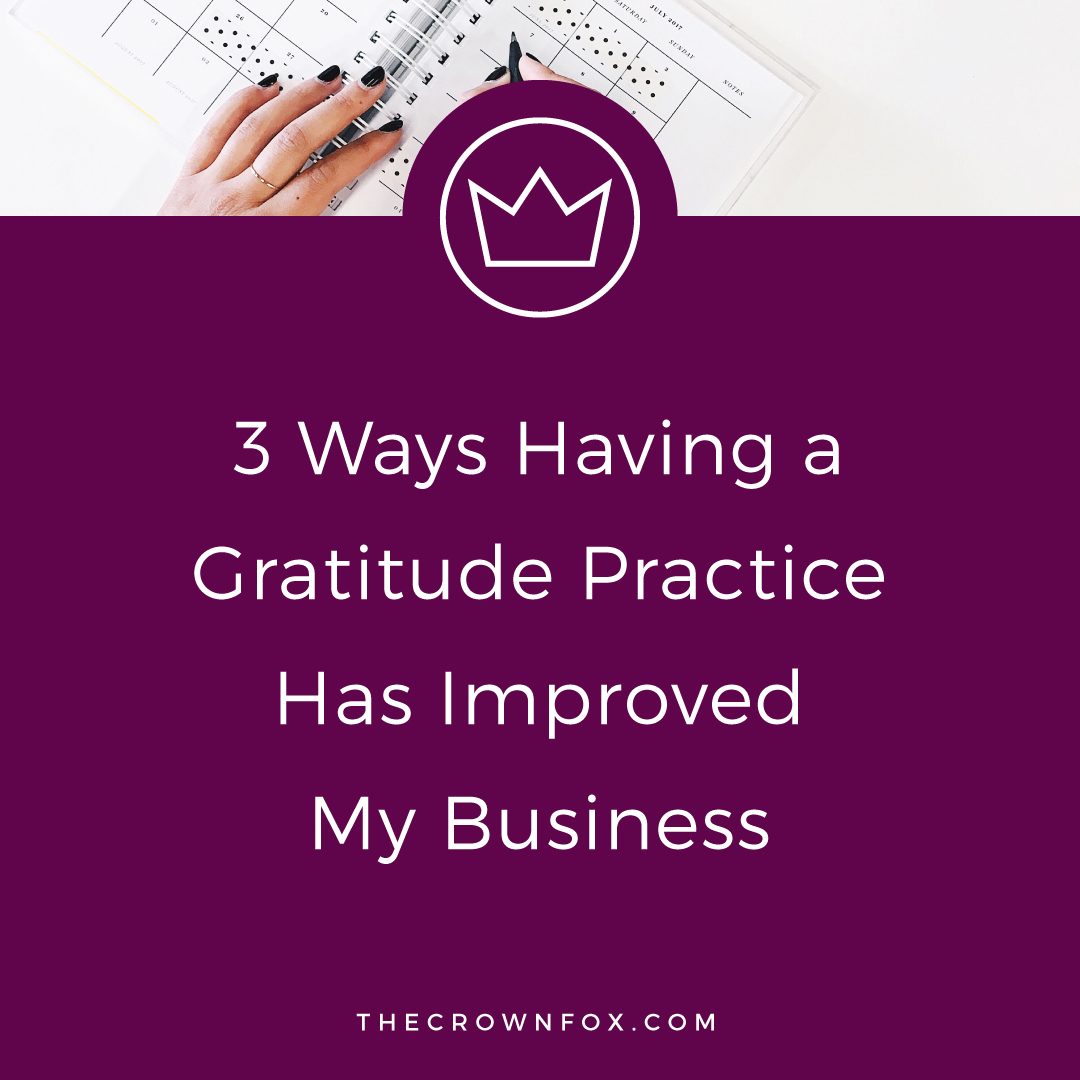The Weekly Wine Downs are officially LIVE! Last Wednesday I went live on my Facebook page, and now you can watch that video on YouTube (or below). I'll summarize the points in the blog post below, in case you prefer to read!
Practicing gratitude used to sound like a very strange idea to me. Why was it something to practice? It wasn’t like a sport or trying to do calligraphy. I was so confused about this concept of a ‘practice’, or even a ritual (if you prefer to call it that), until I actually sat down one day and was ready to give this whole gratitude thing a try.
I didn’t know what to do.
It was the same feeling I’d get if someone handed me a football and said, “okay, throw a perfect spiral”. I was just sitting there, a little dumbstruck, and thinking… well, now what?
Then I realized why we call it a practice. Because it takes time, energy, and commitment to incorporate gratitude into your life and routine. It, sadly, doesn’t come as naturally as you think it should. The good news is that a gratitude practice a) is not very hard, b) requires no hand-eye coordination, and c) has pretty immediate results.
I started incorporating gratitude into my daily life over a year ago, though I wasn’t incredibly consistent at it at first. Over the past few months, however, gratitude has become part of my morning ritual. It’s become something that if I skimp on, or miss altogether, makes me feel a little bit off. It’s improved my stress levels, my happiness levels, my productivity levels, my income, and my overall view on the world (just to name few things, haha).
The best times in my business history, if they were plotted on a graph, would coincide very well with when I am taking time to practice gratitude daily. I don’t think that’s a fluke at all. In fact, I think gratitude is to blame for nearly all the positive things I have in my life, and business, lately. But for purposes of this TALK, let’s focus on what a gratitude practice can do for your business.
LESS STRESSFUL DAYS
On a personal note, I don’t handle stress well. My natural ways include bottling everything up and then having a meltdown over some incredibly small trigger (the latest episode of this happened because the gym was too full and I couldn’t figure out where to do a workout that I was kind of embarrassed to do - burpees - privately enough). Other alternatives to that include lashing out against people, crying in public, and laying on the couch unable to do anything for a day or two. Real good stuff over here.
I won’t begin to pretend that I understand why I do that, or why anyone handles stress the way they do, and I won’t lie to you and tell you that writing 3 things I’m grateful for makes that stress disappear. It’s still very much there, but this practice (over time, of course) has helped me to have a better handle on stress.
What practicing gratitude has opened up is my ability to stop when I start to feel anxious or overwhelmed and figure out what’s going on and how I can fix it. It’s allowed me to start to zoom out a bit, and see that in the larger scope of whatever is going on, this small issue is just that - small. Now there are probably people who say that practicing meditation works in this way for them, or going for a run, or having a glass of wine helps.
I did a little research, and there are scientific studies apparently going on (because gratitude is such a hot topic right now), that having a gratitude practice shows up physically in people - and one big way is with lower cortisol levels. I am not a sciencey-person, but I do know that cortisol is the stress hormone, and we don’t want too much of that. I can’t tell you whether or not my cortisol levels are any different, but I can tell you that days when I am consistently practicing gratitude are some of my calmest, easiest, least-stressful days. And the same life and business things are always happening, but I can cope a lot better.
As entrepreneurs stress is inevitable. We are out here, trying to make something out of nothing and profit from it. That’s risky, and scary, and definitely stressful - but having a gratitude practice can help ease some of that overwhelm and let you think and produce good things easier and with less PANIC crying-at-the-gym-over-burpees moments.
SEE MORE OPPORTUNITIES
Another huge benefit I’ve seen since incorporating a gratitude practice into my daily life is seeing more opportunities for growth and success. Now, maybe that sounds far-fetched, or just like a happy coincidence, but there is logic to this idea.
Without getting too into the Law of Attraction, or anything too ‘woo’, have you heard of the idea (or had it happen to you) that you express an interest in something and suddenly it’s everywhere? A common example is when you buy a new car, and suddenly it seems like you see that car everywhere - at the grocery store, in line ahead of you at Starbucks, coming out of your neighborhood… what gives?!
It’s actually a real thing, called the Baader-Meinhof phenomenon (also known as a frequency or recency illusion). The concept is actually really simple - all those instances of the car were there before, but because you put it into your mind and went out and spent time researching the car and buying one, your brain starts to give that more attention. You start to subsciously think about the car, and it’s always sitting in the back of your brain, ready to jump at the excitement of seeing it. And then you do see it, and you feel validated and like ‘it’s popping up everywhere’, which continues the cycle of you thinking about it…
So, here’s how that applies to gratitude: you think about things that you are grateful for, you take time to appreciate the good things in your life… and you start to notice them more and more. It’s not magic, or mysticism, or anything from the land of ‘woo’ (though that is a totally fun land), but instead your brain just doing what it does best - looking for patterns and connections.
In business, an example of how this works happened to me a few weeks ago - it’s something I could see clearly after the fact. I wrote one morning how grateful I was to have clients that I view as friends and have a real connection with. Then, an opportunity presented itself later in the day to send a nice, friendly message to one of my clients congratulating them on something in their business. We had a nice exchange, which resulted in her setting up a referral for a new client for me because she knew our personalities would be a good mix.
Now, that’s not to say this whole moment couldn’t have happened otherwise, but it does seem like because I put out into the world that I am grateful for friendships with clients, that maybe at some level that made me more likely to randomly reach out to my client about something unrelated to us working together, which led to a friendly exchange and resulted in me gaining another friendly client.
Other ways that I see gratitude impact my business, that are maybe less obvious than that example, are just in the ability to again see that bigger picture and see opportunities that maybe I would normally gloss over because it’s not something I need or want at that exact moment. You also start to see things that seem potentially bad as opportunities (yes, you become one of those silver-lining people). An example of that is ending relationships with 2 clients that cause you stress and anxiety, to gain room in your schedule for 1 new client that is a better fit - which also happened to me recently. I could’ve been very negative about the clients that I stopped working with, but it was amicable and not personal, and just finished some projects that we had started together. I started to feel a little anxious, but remembered that some of our work together had been not my ideal situation and too stressful, and maybe there was an opportunity to replace that income with a better fitting client. The next day, I did.
BETTER QUALITY WORK
The last big effect I’ve seen on my business since putting gratitude at the forefront of my mind is overall my quality of work has just drastically improved. I’m not specifically talking about my ability as a graphic designer, but as a business owner in general. I respond to emails quicker, I get through my to do list with ease, and I take time in the middle of the day to do a little meditation and relaxing.
Again, this could be a testament to a lot of things in my life: I’m also working out more, eating a ketogenic diet, and practicing intermittent fasting -- all things that can be tied to better productivity and less brain fog. But, I can’t do any of those things with getting my mind in the right place and that, for me, all starts with gratitude.
Because trust me, when you really want to eat some carbs, you’ve got to find a way to be grateful for the salad instead. Just kidding. Kind of.
But you may be wondering, why do I give gratitude the credit for all of this? Because it’s the first thing I do in the morning and sets the tone for my whole day. I promise you, this ketogenic diet thing is not even remotely easy, if someone were to offer me a cinnamon roll right now I’d probably push babies and puppies out of the way to get it (jk, don’t get mad), but taking just a few moments to remember why I am doing it, that I’m grateful for some of the immediate results I’ve experienced, etc. help me to stick with it. And that example could be anything - running a business is also hard AF, but taking the time to reflect on why I am glad I do it, and how I am grateful for the opportunities it has given me helps to stick with it. It pulls you out of the *~THIS MOMENT SUCKS~* and lets you get back to realizing how good things really are and can be.
Have you started your gratitude practice yet? If not, this journal is what initially helped me get started and one I highly, highly recommend. I’d love to hear how gratitude has impacted you, or if you have any thoughts of questions! Leave a comment below and let’s connect.










Hi! I’m Kaitlyn!
I believe that you can create a life and business you love by listening to your own inner guidance system. I think there's plenty of strategies + hacks to learn and a ton of “how to” content you can consume but ultimately you are your best guide, the best guru, the best compass, and the best source of inspiration! I’m here to help you learn to trust that voice inside, step into your incredible power, and create YOUR dream business + life.
Let’s work together!